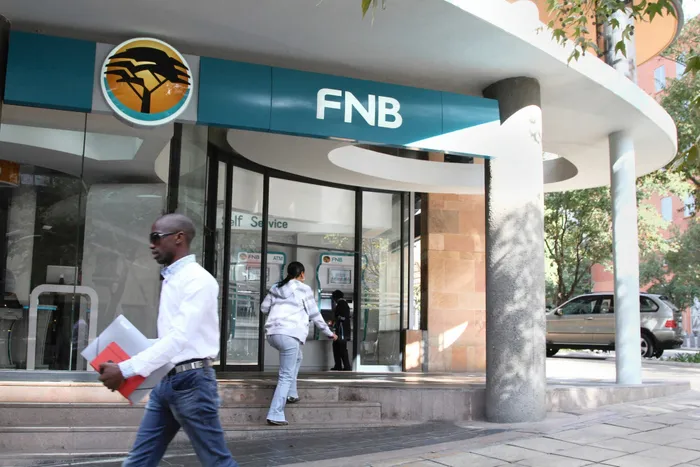How South Africa's banks are driving socio-economic change through sustainable investments

South Africa's leading banks are investing in affordable housing, youth employment, and green financing, while critics call for greater transparency and accountability in their sustainability efforts
Image: Supplied
South Africa’s largest financial institutions, including Standard Bank, Absa, Nedbank, FNB, and Capitec, have emphasised affordable housing, SME development, youth employment, and green financing in their latest sustainability reports.
While the banks’ reports highlight measurable outputs – such as loans disbursed, beneficiaries reached, and jobs created – groups like Just Share argue that broader accountability is needed. Critics have called for detailed disclosures on fossil fuel financing, granular carbon-reduction timelines, and third-party verification of impact claims.
Standard Bank, the country’s largest bank by assets, reported issuing 4 831 affordable housing mortgages valued at R2.67 billion in 2024, with 55% of these loans granted to women. The bank also claims to have saved homeowners an estimated R567 million thanks to tailored solutions and discounts in EDGE-certified developments, where green building design cuts electricity costs and boosts long-term affordability.
Absa directed R13 billion towards affordable housing registrations between 2020 and 2024. That spend helped 24 443 South Africans secure homes, 67% of them women. Nedbank, meanwhile, funnelled R700 million into a diverse property portfolio through QPG Holding in 2023. That deal brought 834 affordable residential units and 2 126 student beds to Johannesburg’s housing market.
In 2024, FNB backed 5 313 low-income households with R3.1 billion in home loans, with women heading up 63% of those households. It also pumped more than R1.1 billion into South Africa’s elusive gap housing market – households earning between R3,500 and R22,000 per month.
Standard Bank stated that it supported 14,620 SMEs through capacity-building programs across its 20 African markets in 2024, facilitating R22.8 billion in lending.
South Africa’s largest SME lender, FNB, provided R39 million in preferential-rate loans to 81 SMEs in 2024 and expanded its Vumela fund to R732 million to finance renewable energy and infrastructure projects for mid-sized businesses. Capitec invested R329.5 million in enterprise and supplier development via Imvelo Ventures, a joint venture with Empowerment Capital.
Through its free SimplyBiz platform, a business development tool for entrepreneurs, Standard Bank guided 3,600 business owners through training programs in 2023.
Absa’s ReadyToWork Programme, meanwhile, reached 23,437 young people in 2024, offering training in workplace skills, CV-building resources, and access to a job portal. Nedbank’s partnerships, including the Township Entrepreneurs Alliance, contributed to the creation of 850 youth jobs.
The red bank also reported providing financial literacy training to over 2,200 smallholder farmers and farm workers. Capitec invested R104.7 million in socio-economic development and consumer education initiatives.
Absa’s report also noted R319 million invested in community development and R142 million allocated to entrepreneurship education and youth employability programs.
IOL